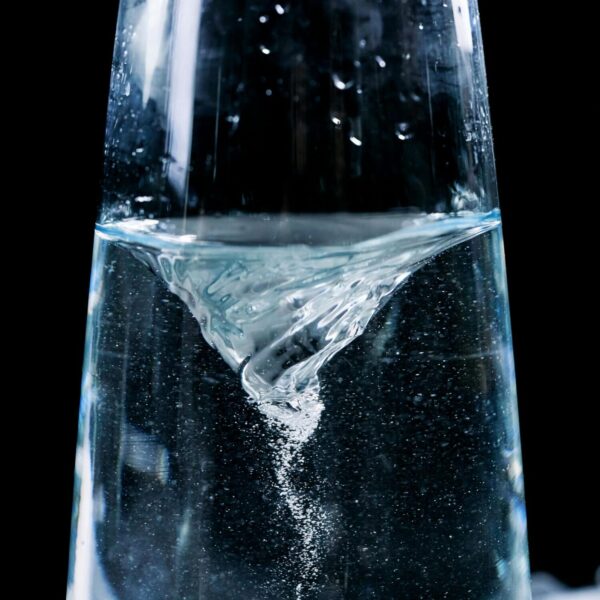
Healthy water refers to water that is free from contaminants and impurities, making it safe for drinking, cooking, and other daily uses. It is essential for maintaining good health, as water plays a vital role in hydration, digestion, temperature regulation, and nutrient transport within the body.
Characteristics of Healthy Water:
- Clear Appearance: It should be free from visible particles, sediments, or discoloration.
- Safe from Contaminants: It must not contain harmful microorganisms, such as bacteria, viruses, or parasites, or harmful chemicals like pesticides, heavy metals, or industrial pollutants.
- Proper pH Balance: The ideal pH for drinking water is between 6.5 and 8.5, ensuring it’s neither too acidic nor too alkaline.
- Mineral Content: Healthy water may contain beneficial minerals like calcium, magnesium, and potassium, which are important for health.
- Tasty: Clean water should taste neutral and refreshing, with no unpleasant flavors or odors.
Ways to Ensure Water is Healthy:
- Filtration: Using water filters or purification methods (such as reverse osmosis, UV treatment, or activated carbon filters) to remove contaminants.
- Regular Testing: Testing water periodically for common pollutants like chlorine, fluoride, lead, bacteria, or nitrates.
- Boiling: Boiling water can kill most harmful microorganisms, making it safe to drink.
- Proper Storage: Storing water in clean, covered containers to prevent contamination.
Having access to clean, healthy water is crucial for overall well-being. If there are concerns about water quality, it is advisable to have it tested and filtered as necessary.
